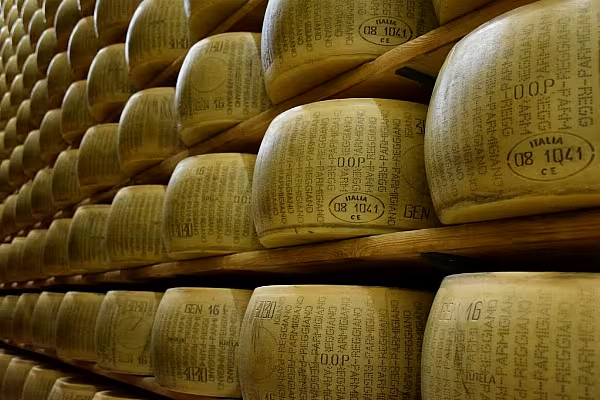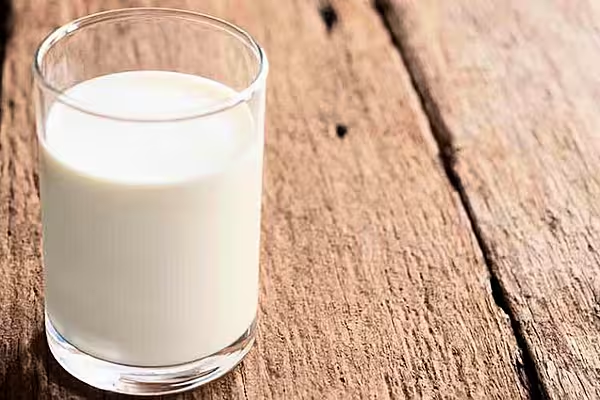Parmigiano Reggiano sales have grown in the first half of 2020, both in Italy and foreign markets, despite the COVID-19 emergency.
In Italy, the overall annual increase in sales was 6.1%, to 34,200 tonnes, while exports grew by 11.9% to over 27,000 tonnes, according to data released by the Consorzio Parmigiano Reggiano.
Leading Export Markets
Germany is now the main export market for Parmigiano Reggiano (19.6% share of total exports), edging out France (19.5%), followed by the USA (18.2%), UK (13.5%) and Canada (5%).
Growth in Europe stood at 12.5% in the first half, with significant increases for the Netherlands (+31.6%), Belgium (+31.3%), Germany (+16%), the UK (+15.1%) and France (+7.2%).
There was also strong growth in non-EU countries (+11.9%), with highlights for Canada (+153.9%), the Gulf Area (+50.5%), China (+37.2%) and Norway (+35.8%).
At the same time, negative performances were recorded in Greece (-14.6%), Austria (-13.3%), Australia (-25.8%), Japan (-3.2%) and the USA (-1.6%), mainly due to market uncertainties caused by the coronavirus.
In terms of the most popular Parmigiano Reggiano formats, consumers were mostly interested in portioned and grated products, which grew by 14.7% and 14.2% respectively, while sales of whole cheeses declined by 5.9%.
Oversupply Issues
Despite the positive sales performance, the president of the Consorzio Parmigiano Reggiano, Nicola Bertinelli, warned that the product is suffering from oversupply, which has caused a drop in prices and a reduction in profitability for producers.
In an attempt to respond, the Consortium has drawn up a number of measures, which it will seek to implement across its organisation.
It plans to purchase up to 320,000 cheeses from its 335 dairies to rebalance the market. These will be stored in warehouses, left to mature for a longer period and progressively put back on the market when prices go up. Also, production quotas that have been established for the next three years will be reduced.
© 2020 European Supermarket Magazine – your source for the latest retail news. Article by Branislav Pekic. Click subscribe to sign up to ESM: The European Supermarket Magazine











